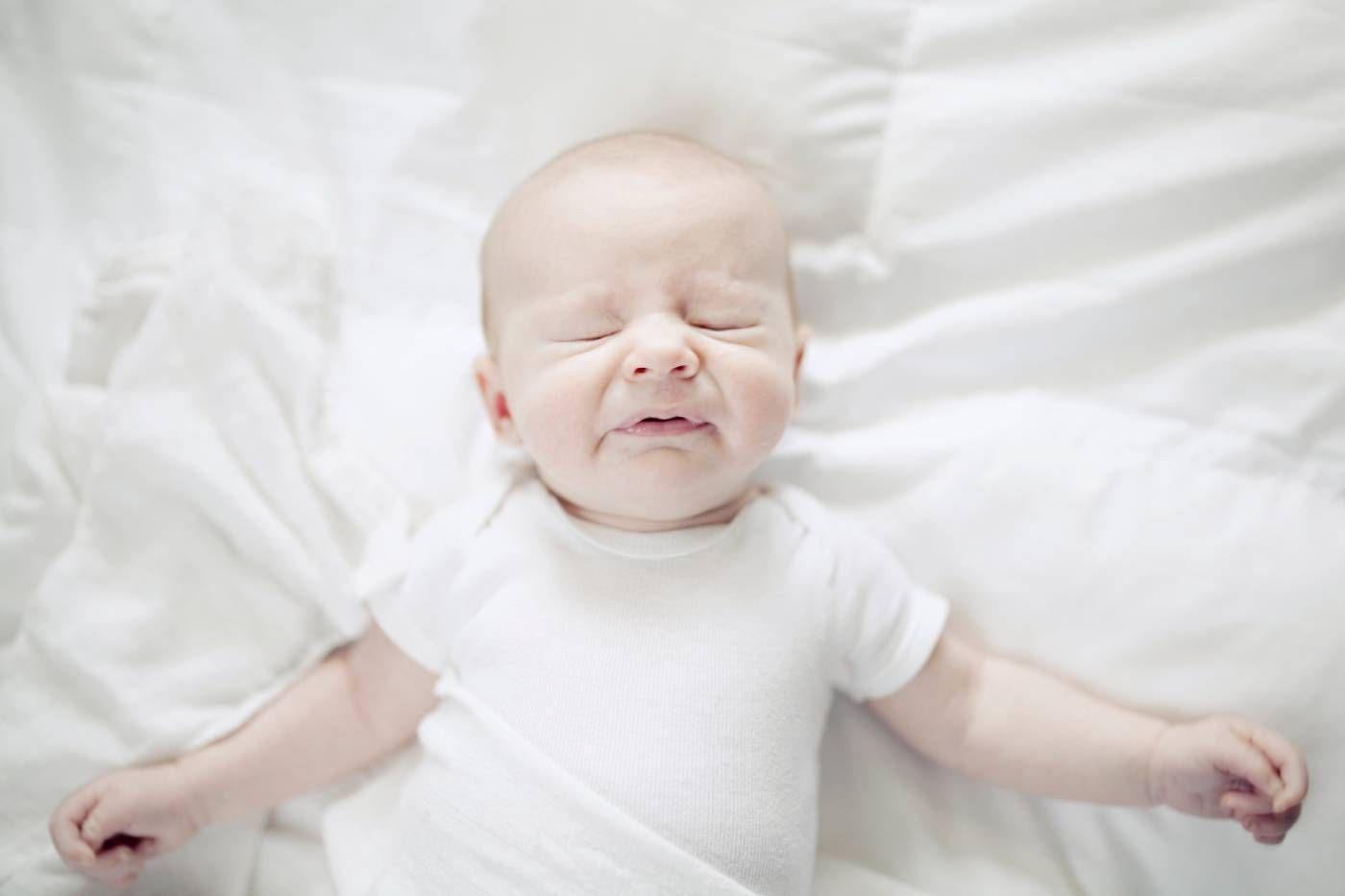BABY
RSV in Babies—Everything You Need to Know
Sometimes making sense of your child's health can feel a little like wading through alphabet soup.

Written by
Dr. Harvey Karp

SHARE THIS ARTICLE
PARENT PICKS
Bestsellers
BABY

Written by
Dr. Harvey Karp

SHARE THIS ARTICLE
Bestsellers
Sometimes making sense of your child's health can feel a little like wading through alphabet soup. One of the many acronyms you might have come across while parenting your lovebug is RSV.
RSV—or respiratory syncytial virus—causes an upper respiratory infection. It usually shows up as a mild cold and lasts for five to seven days. However, it can also cause a more serious lung infection called pneumonia or bronchiolitis which affects the teeny-tiny airways in the lungs.
RSV is pretty common (most children have had an RSV infection by their 2nd birthday). It is usually no biggie for toddlers and older, but RSV can be a frightening infection for infants. It results in more than 3 million hospitalisations worldwide and nearly 60,000 deaths in children under 5 years of age every year. Nearly half of these hospitalisations and deaths are in children under 6 months of age.
Typically RSV strikes in late fall through early spring. Unfortunately, we are currently experiencing a big off-season spike in RSV cases. It looks like all the measures we took to protect ourselves from COVID—masking, distancing, etc—were also keeping RSV pathogens at bay. And now, as communities have begun relaxing their COVID restrictions and people have been venturing out in the world, all sorts of germs are on the move again, including RSV.
It can be tricky to pin down if your baby has RSV because RSV symptoms sometimes look like the common cold. A baby with RSV might sneeze a lot or have a snotty, runny nose and/or fever. And they may be more fussy than normal or stop eating well.
Things start going downhill when RSV causes labored breathing. Here are the warning signs to look for:
A lot of times, RSV looks a lot like a cold—with both of these illnesses your baby might cough and sneeze, have a runny nose, or even run a fever. The symptoms that can tip you off that it is RSV are the ones mentioned above, such as fast breathing, difficulty breathing, wheezing, and flaring of nostrils with each breath. To be sure, you can have your baby tested for RSV at your doctor’s office.
For some babies, RSV can get worse very fast. So, it is important to call your doctor if you see things going in the wrong direction (especially because RSV is spreading so rapidly right now!).
Some babies are more at risk for RSV than others. Premature babies, babies under 6 months, or those with certain medical conditions tend to be most vulnerable (this can include babies with immune system conditions, neuromuscular disorders, and children under 2 years who have heart or lung conditions).
After your baby comes in contact with someone with RSV, it may take two to eight days for symptoms to pop up. RSV can hang around for up to two weeks, with your baby being contagious for about a week. If your baby's immune system is weak, they are at risk for spreading the virus for up to four weeks, even if they do not show symptoms.
Unfortunately, RSV creates an irritation deep in the lungs that can take long time to fully heal. That is why babies often get very chesty coughs and colds many months after a bout of RSV.
For less severe RSV illnesses, treatment can usually be done at home. No antibiotics are needed because they simply do not work on RSV (remember, it is a virus, not a bacteria). But you can give acetaminophen or ibuprofen for fever. It is always a good idea to give a call to your provider to figure out the best dosage.
For congestion, you can elevate the head of the bed (just three to five centimetres), use a cool-mist humidifier, and saline nasal drops (or drops of fresh breast milk) to help them breathe easier. Make sure your baby gets plenty of fluids, to avoid dehydration.
It does not happen often, but sometimes RSV causes so much difficulty breathing that infants need to be hospitalised. Some need oxygen and a very few even need the help of a ventilator. Most go home in just a few days.
Fortunately, for many babies RSV is little more than a case of the sniffles. But if it hits harder, it is important to stay one step ahead and call your provider with any signs of worsening breathing and acting ill. With RSV, it is better to be safe than sorry!
Disclaimer: The information on our site is NOT medical advice for any specific person or condition. It is only meant as general information. If you have any medical questions and concerns about your child or yourself, please contact your health provider. Breastmilk is the best source of nutrition for babies. It is important that, in preparation for and during breastfeeding, mothers eat a healthy, balanced diet. Combined breast- and bottle-feeding in the first weeks of life may reduce the supply of a mother's breastmilk and reversing the decision not to breastfeed is difficult. If you do decide to use infant formula, you should follow instructions carefully.